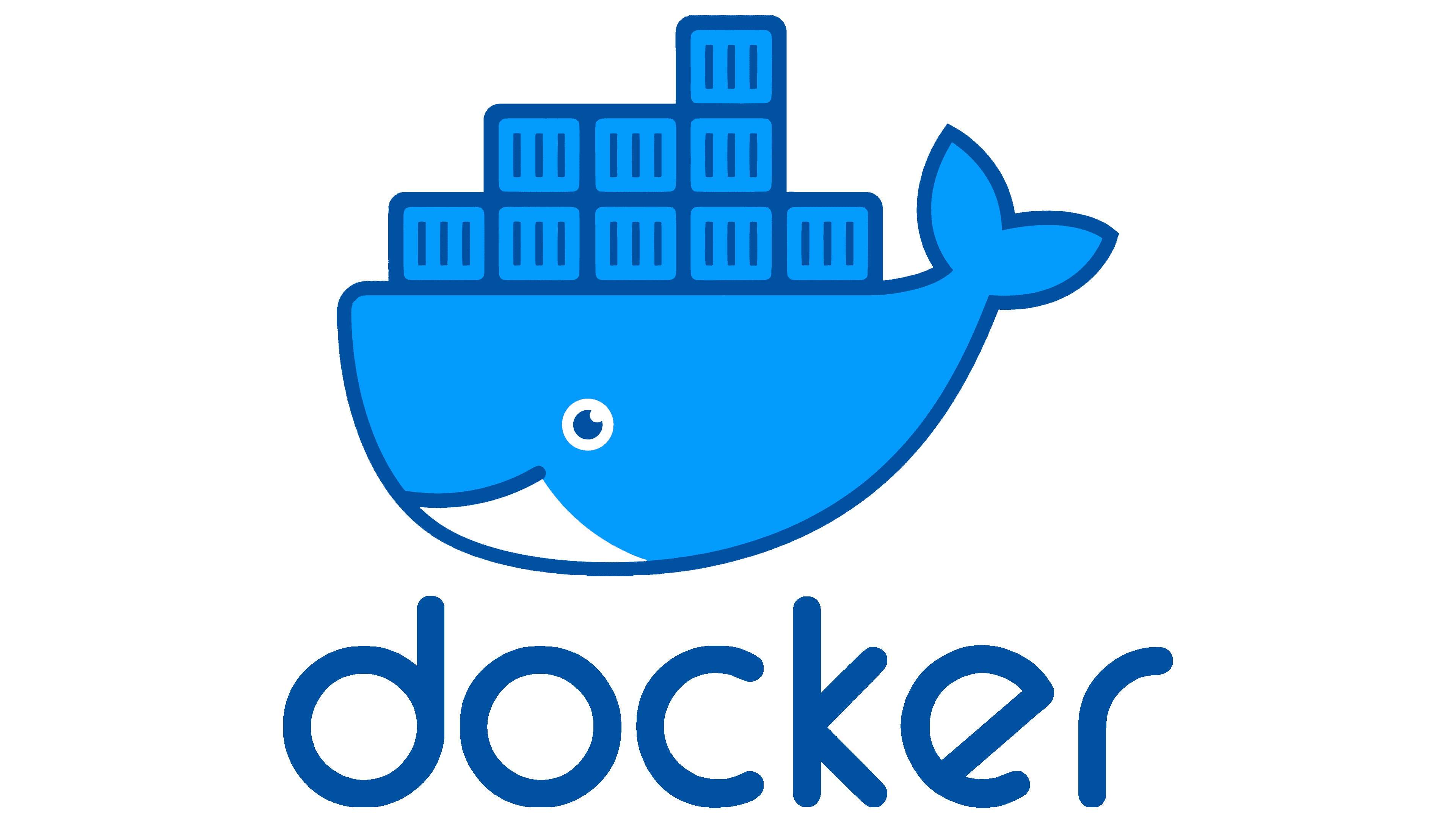What is Docker?

Docker is a powerful open-source platform that simplifies the process of building, deploying, and managing applications using containerization. Containers are lightweight, portable, and self-sufficient environments that package an application along with all its dependencies, libraries, and configurations, ensuring consistent behavior across different computing environments.
Key Features of Docker
- Containerization: Docker enables developers to create isolated containers that bundle an application and its dependencies. This ensures that the application runs consistently regardless of the host environment.
- Portability: Docker containers can run on any system that supports Docker, from local development machines to cloud servers, enabling seamless migration and scalability.
- Efficiency: Unlike traditional virtual machines, Docker containers share the host operating system's kernel, making them lightweight and faster to start, with minimal resource overhead.
- Version Control and Image Management: Docker provides tools to manage and version container images, allowing developers to track changes, roll back to previous versions, and share images through repositories like Docker Hub.
- Networking and Security: Docker supports advanced networking configurations and enforces isolation between containers, ensuring secure and controlled communication between applications.
- Integration with CI/CD: Docker integrates seamlessly with continuous integration and continuous deployment (CI/CD) pipelines, streamlining development workflows and enabling automated builds and deployments.
Benefits of Docker
- Consistent Environment: Containers eliminate the "it works on my machine" problem by providing a consistent runtime environment for applications across development, testing, and production stages.
- Faster Deployment: With pre-built container images, applications can be deployed in seconds, significantly reducing downtime and speeding up development cycles.
- Resource Efficiency: Docker containers use system resources more efficiently than traditional virtual machines, allowing multiple containers to run on a single host without performance degradation.
- Simplified Application Management: Docker Compose and Docker Swarm tools make it easier to orchestrate, manage, and scale multi-container applications.
- Flexibility: Docker supports various programming languages, frameworks, and architectures, making it a versatile choice for diverse use cases.
Common Use Cases for Docker
- Microservices Architecture: Docker is widely used to deploy and manage microservices, where each service runs in its own container, enabling modular and scalable application development.
- DevOps and CI/CD Pipelines: Docker automates the process of building, testing, and deploying applications, making it an integral part of modern DevOps practices.
- Cloud-Native Applications: Docker containers are cloud-ready, allowing applications to be easily deployed and scaled across various cloud platforms.
- Legacy Application Modernization: Docker can containerize legacy applications, enabling them to run in modern environments without extensive re-engineering.
- Education and Testing: Developers and researchers use Docker to create isolated, reproducible environments for coding, testing, and experimentation.
Installation and Setup
Installing Docker is straightforward and supported on major operating systems like Windows, macOS, and Linux. Users can download Docker Desktop for a graphical interface or install Docker Engine for command-line management. After installation, containers can be created and managed using Docker commands or through orchestration tools like Kubernetes.
Conclusion
Docker revolutionizes the way applications are developed, deployed, and scaled. Its ability to deliver consistent environments, coupled with portability and efficiency, makes it an essential tool for developers, IT professionals, and organizations. Whether you’re building microservices, modernizing legacy systems, or optimizing workflows, Docker empowers you to achieve more with less effort.
